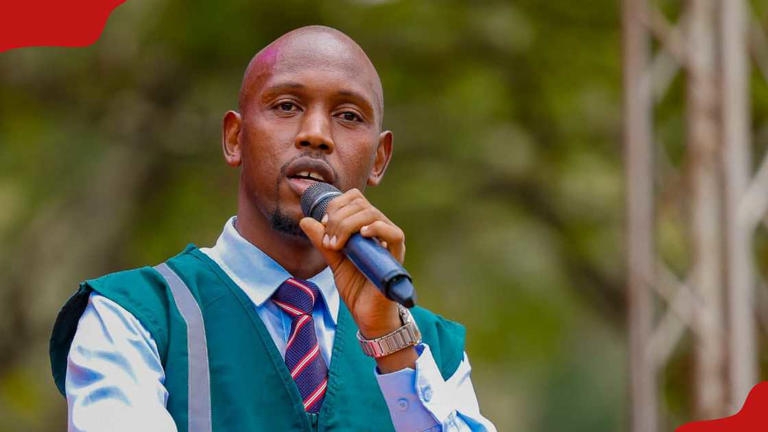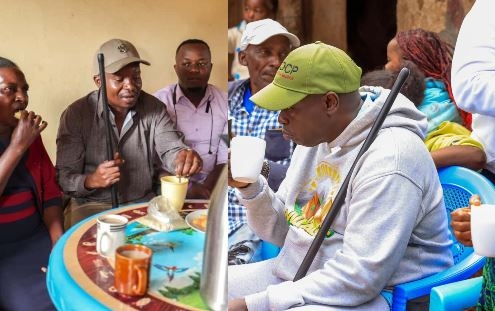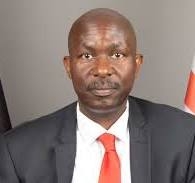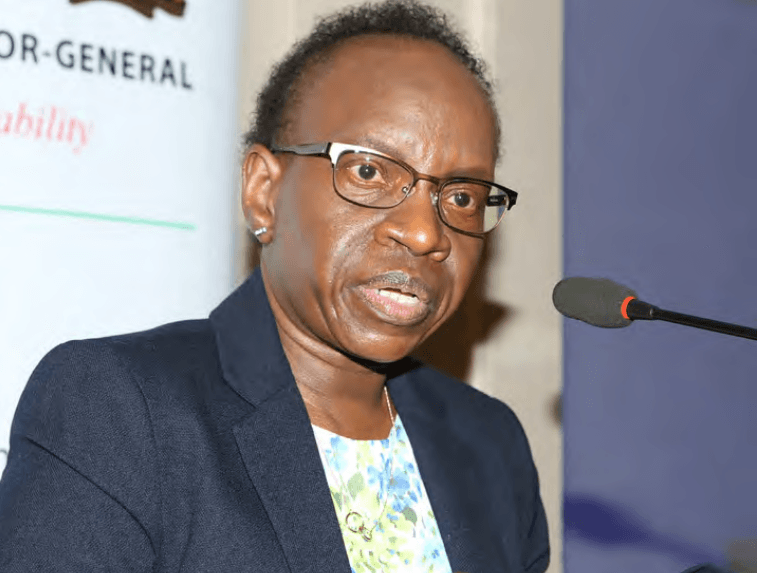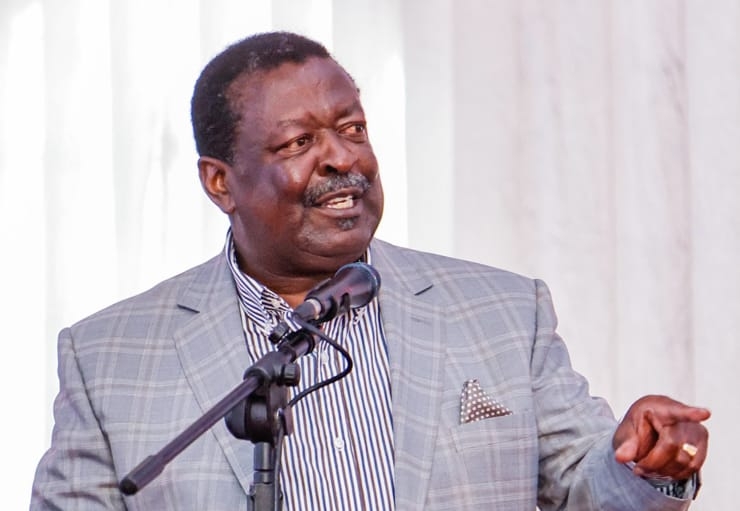

In a world where social media dominates conversations, interactions, and even political moments, how often do we stop to consider the consequences of what we post?
Kenya, like many other countries, is witnessing an alarming increase in the misuse of social media—spreading hate, defamation, and even inciting violence.
Are we aware of the heavy price we might pay for irresponsible online behaviour?
Is the law prepared to deal with it, and more importantly, are we prepared to face the consequences?
Kenya has laws in place, but how many of us truly understand their weight?
The Computer Misuse and Cybercrimes Act (2018) and the Kenya Information and Communications Act (KICA) are there to curb online abuse, but do we truly know what they mean to us?
Under these laws, misusing social media to spread harmful content, incite violence, or engage in defamatory behaviour isn’t just frowned upon—it’s a crime.
Take, for example, the infamous case of Jordan Parlour in the UK, where he was sentenced to 20 months in prison for spreading online hate that led to real-world violence.
Isn’t this a cautionary tale for us in Kenya, where social media can quickly escalate tensions, especially during politically charged periods?
How many times have we seen misinformation spread like wildfire, stoking unnecessary divisions and even violence?
Look at Lee Joseph Dunn in Cumbria, or Lucy Connolly in the UK, who both faced jail time for their online posts.
Do we think the law won’t catch up with us here in Kenya, especially as we head toward the 2027 elections, where social media could be a battleground?
What happens when we post something harmful without considering the wider impact on national unity or individual safety?
These are questions we need to ask ourselves before we hit "send."
The case of Lucy Connolly is particularly disturbing.
Connolly, a 41-year-old childminder from the UK, was sentenced after posting incendiary remarks on social media that directly incited racial hatred and violence.
After a terrorist attack, Connolly took to X (formerly Twitter) and posted a series of inflammatory comments calling for the mass deportation of immigrants.
She went as far as suggesting that hotels housing immigrants should be set on fire.
One of her posts included the chilling line: "If that makes me racist, so be it." Her posts, viewed by many as a direct call for violence, prompted widespread outrage and were flagged as criminal.
Connolly's words did more than just hurt individuals—they fueled an atmosphere of hate, intolerance, and fear. She was arrested and convicted under the Public Order Act 1986 for using social media to incite racial hatred.
This case shows the destructive power of online hate.
When people like Connolly use platforms to incite violence, they don’t just damage individuals—they harm entire communities.
Are we prepared for that kind of fallout in Kenya?
As social media continues to play a central role in our political and social lives, it’s vital to remember that the legal and personal consequences of such misuse are real, lasting, and far-reaching.
As Kenya moves forward in its own battle against cybercrime, are we learning from these global cases, or will we continue to be reckless in how we communicate on social media?
The legal consequences of online misconduct in Kenya are no less severe than anywhere else.
The Computer Misuse and Cybercrimes Act is crystal clear about what constitutes illegal behaviour.
It doesn’t matter if the platform is Facebook, Twitter, or WhatsApp—misuse is misuse.
Spreading misinformation, defaming others, or inciting violence can land you in legal trouble.
And the penalties? They range from heavy fines to years in prison. Are we ready to face such consequences just for the sake of a viral post or a heated online argument?
One might wonder—doesn’t the digital space offer freedom of expression? Yes, it does. But freedom of expression doesn’t mean freedom to harm others or jeopardize peace.
Are we not responsible for how we use this powerful tool?
The Kenya Information and Communications Act ensures
that communication networks remain secure and responsible, especially in
this age where digital platforms are a breeding ground for misinformation and
divisiveness.
Consider this: social media can either unite us or tear us apart. But how often do we use it to fuel division, spread hate, or damage someone’s reputation?
What if we thought before posting, considering whether our words could harm, or worse, incite violence? Is it not our responsibility to promote peace and constructive dialogue online?
Just as Germany’s NetzDG law compels social media platforms to remove hate speech and fake news within 24 hours, Kenya, too, has legal frameworks designed to protect its citizens from the dangers of digital misconduct.
Do we understand that every post we make could have real-world consequences? From political unrest to personal damage, the harm caused by thoughtless online behaviour cannot be underestimated.
How often do we pause and think about the impact of our online actions? We may think it’s harmless to express an opinion or share a post, but in today’s world, words can be weapons.
We need to remember that the
law doesn’t just apply to the rich and powerful—it applies to all of us.
How many more times must we see lives ruined or tensions rise, simply because someone posted something without thinking about the bigger picture?
How much longer will we allow this cycle of online harm to continue, unchecked and unpunished?
What will it take for us to realize that the power in our hands—the ability to communicate instantly across vast distances—also carries a responsibility we can no longer ignore?
Fwamba NC Fwamba is the Chairman of the National
Alternative Leadership Forum







